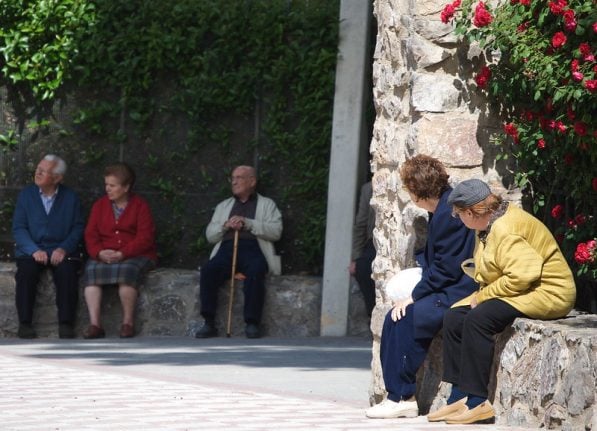The report, released on Tuesday by Health Minister Alain Berset, highlights bad eating habits among Swiss, who are increasingly scoffing prepared meals and fast food to the potential detriment of their health.
“For several years, meals taken outside the home, pre-cooked meals and ready-made products are more and more sought after,” a summary of the report says.
“However, this kind of food is rich in fat, salt and sugar.”
This intake of food is having an adverse impact on the health of residents, says the report, which may sound similar to anyone living in North America or Britain, where a similar diagnosis emerged some years ago.
“The number of overweight or obese people remains elevated among adults as well as children,” according to the findings.
“It (bad eating habits) also provokes other illnesses, such as diabetes, and consequently increases health costs.”
The report notes that while the Swiss population generally knows the major recommendations with regard to good nutrition “they under-estimate their significance on health and do not apply them sufficiently.”
The majority of people do not eat the right amount of fruit, vegetables, milk and dairy products recommended by the Swiss nutrition association, it says.
Wise food choices accompanied by regular exercise in the general population can indirectly cut health care costs, it adds.
The study is the sixth is a series conducted for the federal health department on nutrition and the first since 2005.
It sets out a food strategy for 2013-2016, which aims to boost public awareness of the health impacts of what people eat to allow them to make better choices.
It calls for “clear and understandable” labelling of food products.
To encourage the importance of a balanced diet, the strategy says federal and cantonal governments need to collaborate, along with business and agricultural players, NGOs, relevant professional associations and training institutes.





 Please whitelist us to continue reading.
Please whitelist us to continue reading.
Member comments